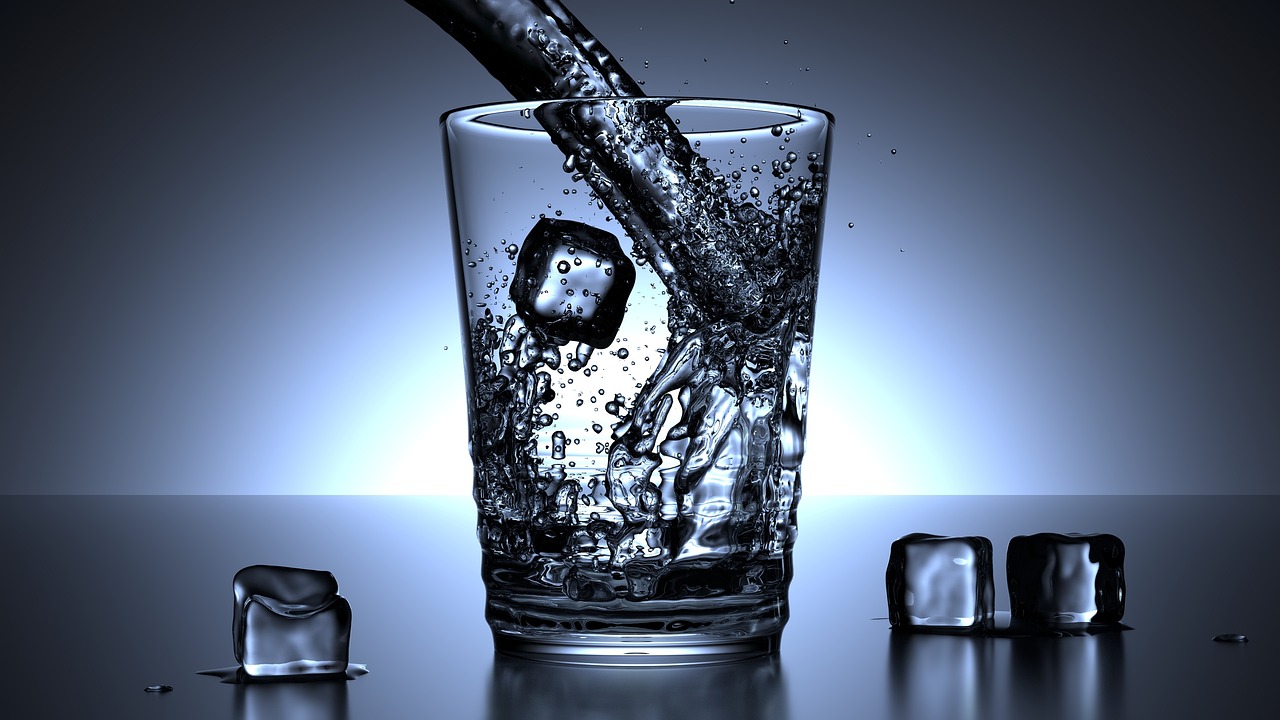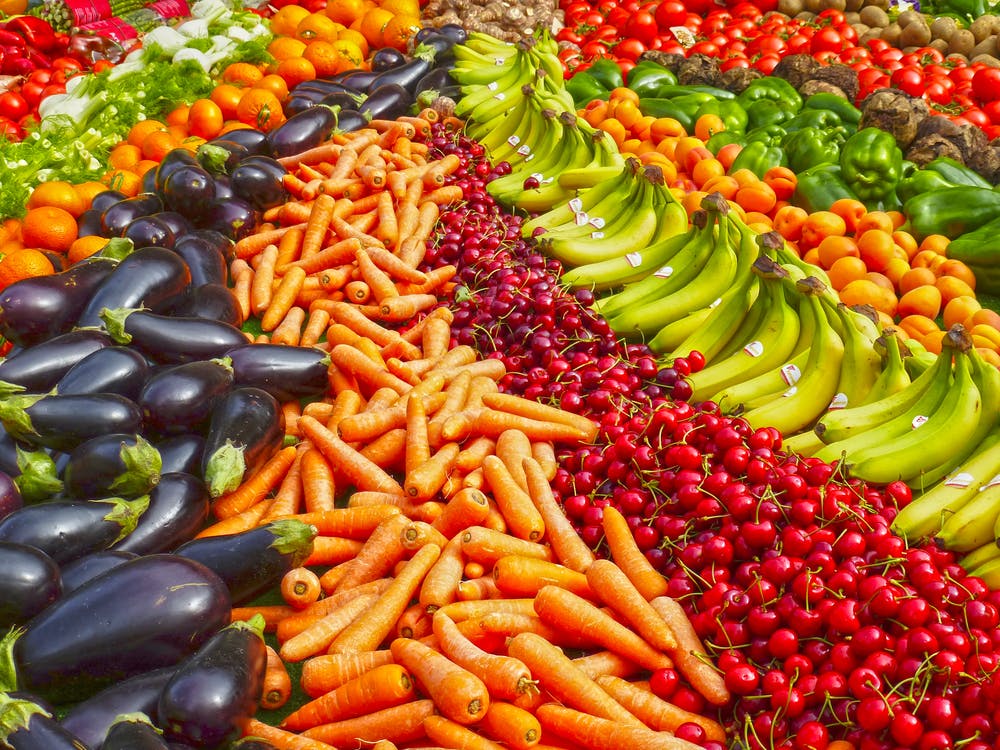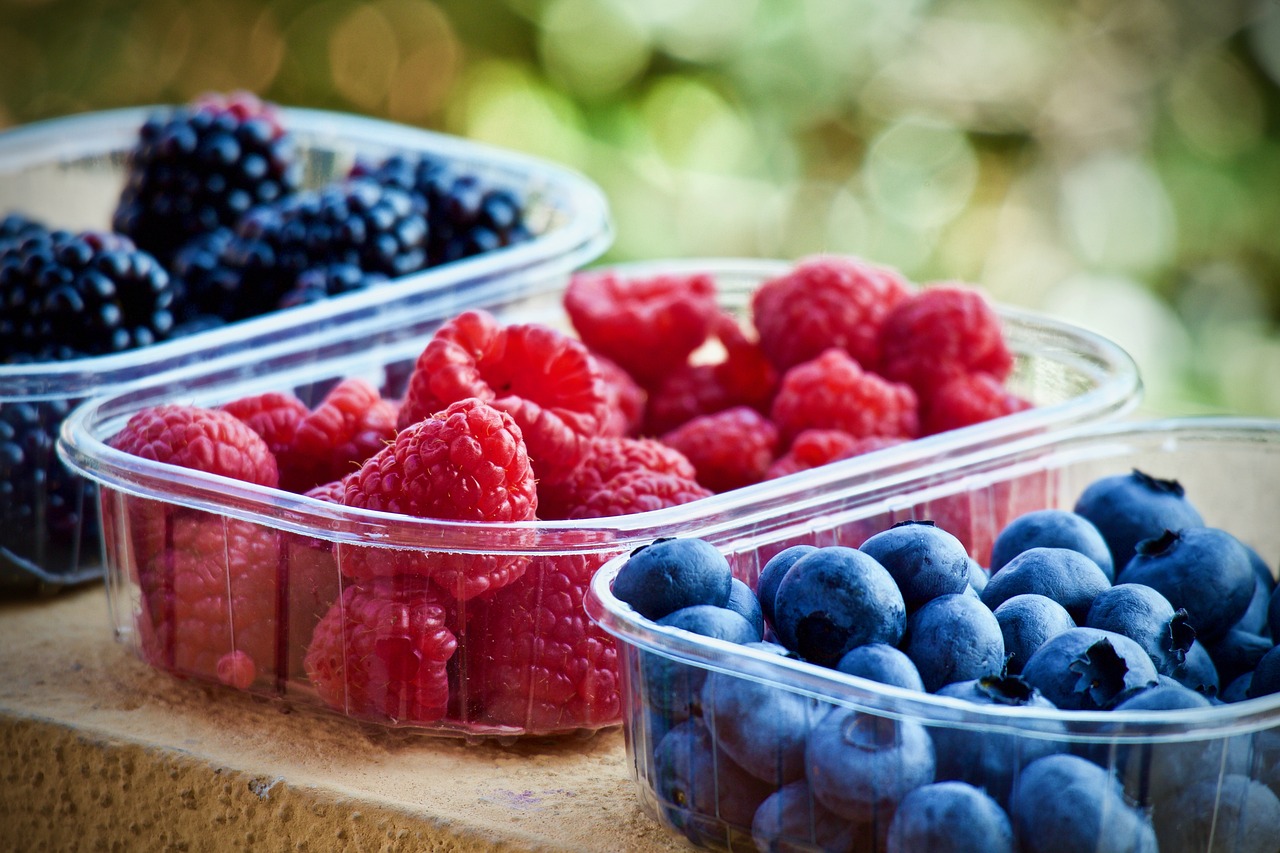During the summer months when you sweat a lot, your body loses a lot of water and everyone knows that you need to drink more water. Plain water is certainly the healthiest drink, but just drinking water may not be enough.
For people who sweat a lot, the body also loses a lot of electrolytes, especially potassium, and too much loss may lead to hypokalemia.
Under normal circumstances, about 3% of potassium is excreted by sweat, but the amount of potassium excreted increases significantly with heavy sweating. In addition, electrolytes such as sodium and chloride are also lost with sweat, and replenishing only water will exacerbate electrolyte deficiencies.
Potassium is an indispensable trace element in the human body. Physiological functions such as heartbeat, neuromuscular activity, and respiration require a normal concentration of potassium ions to maintain them.
Normal serum potassium concentration is 3.5~5.5 mmol/l. Below 3.5 mmol/l, people will experience muscle weakness, flaccidity, paralysis and even respiratory muscle paralysis, which is life-threatening in serious cases.
Potassium plays the following main roles in the human body:
Maintenance of normal metabolism
Heartbeat and muscle contraction depend on the synergistic action of ions such as sodium and potassium, and the metabolism of carbohydrates and proteins also requires the participation of potassium.
Ensure electrolyte balance
Potassium is important for maintaining cellular integrity and electrolyte balance, and blood potassium levels that are too high or too low can affect human health.
Helps lower blood pressure
Potassium plays an important role in the prevention of chronic diseases such as hypertension, but it only plays a blood pressure-lowering role when high sodium intake (high salt diet) leads to high blood pressure.
People with high blood pressure that is not caused by a high sodium diet will not experience a reduction in blood pressure as a result of potassium supplementation. Potassium intake also does not lower blood pressure in people whose blood pressure is normal.
5 Little Things That Signal Potassium Deficiency
In order to maintain the stability of blood potassium, the kidneys are like a “back valve”, when the potassium intake is too much or the potassium in the cell is overflowing, it will discharge the excess potassium through urine; insufficient intake will reduce the discharge of potassium.
When potassium deficiency occurs, the body will remind you with some seemingly “minor” symptoms:
Fatigue
The most common symptoms of potassium deficiency are fatigue and weakness, which can lead to fatigue, confusion, blurred consciousness and even depression or hallucinations.
Cramps
Potassium helps muscles and nerves communicate with each other and also helps muscles contract. A potassium deficiency can lead to cramps, muscle spasms, and pain.
Heart Discomfort
Potassium deficiency can lead to symptoms such as palpitations, irregular heartbeat, arrhythmia, and dizziness.
Digestive disorders
Low potassium levels can lead to loss of appetite, nausea and vomiting.
Irritability
Potassium deficiency can lead to neurological symptoms such as irritability, lethargy, and dizziness.
In addition to people who sweat a lot like those mentioned in the previous news article, such as those who do a lot of exercise or outdoor activities, people who vomit or have diarrhea for long periods of time and those who are taking medication should also take care of potassium supplementation.
Vomiting or diarrhea can cause a lot of dehydration, triggering electrolyte disorders; people taking diuretics and steroid medications are also prone to potassium deficiency.
In addition, a large intake of potassium-containing drugs or potassium preparations, etc. can lead to too much potassium in the body, which may cause heart block, slow heartbeat, and serious fluctuations can be stopped. Always follow your doctor’s instructions when using the drug potassium in treatment.
Get enough potassium from your food!
For people who are not getting enough potassium or losing too much, they need to focus on potassium supplementation in their lives.
The Chinese Nutrition Society recommends that the appropriate intake of potassium for healthy adults is 2,000 mg/day; to prevent chronic diseases, the recommended intake of potassium is 3,600 mg/day.
Eating more potassium-rich foods in your daily diet will help to supplement it. When choosing potassium-supplemented foods, you should not only look at the potassium content, but also look at the “potassium nutrient density”, that is, the value of potassium content divided by calories.
1
Eat enough fruit for half a pound a day
Many people think that bananas are the best potassium supplement, and it is true that they are high in potassium, but they are also high in calories. According to the above indicators, 100 grams of bananas contain 256 mg of potassium, 93 kcal, and the potassium nutrient density is 2.75. By this calculation, the potassium nutrient density of oranges is 3.31, cantaloupe is 5.59 and papaya is 6.06.
Most of the fruits are high in potassium and low in sodium. When you choose them, you can refer to your personal preference and pay attention to the variety.
2
Mixed grains instead of some staple foods
Replace some of your staple foods with potatoes and grains in your daily diet. For example, potatoes, sweet potatoes, taro and yams and other potatoes, and millet and red beans and other grains.
3
Mushrooms and leafy greens are not to be missed
Some vegetables are more efficient at replenishing potassium, and leafy greens such as spinach, kale and amaranth are high in potassium. Mushroom vegetables are especially good in potassium content, you can eat more portobello mushrooms, shiitake mushrooms, bisporus mushrooms and so on.
If you want to replenish potassium, you can eat more of the vegetables in the table below.
4
Choose low-sodium salt for cooking
Low-sodium salt is appropriate to reduce the sodium content of salt, increased potassium content, which contains about 25% of potassium chloride, not only helps to reduce sodium, but also able to increase potassium.
5
Minimize processed food
Processed foods tend to be “high in sodium and low in potassium” because of the loss of potassium during processing and the large amounts of salt that are often added.
It should be reminded that for people with kidney disease, the ability of the kidneys to excrete potassium decreases, and excessive intake of potassium at one time is likely to lead to hyperkalemia, so this group of people should not eat too much food rich in potassium.
Drink some water in the summer.
Plain water is known as “the most suitable drinking water”. However, in the summer, when you lose a lot of sweat, you can drink some water with “flavor”.
Lightly salted water
When your body loses a lot of sweat, drink some light salt water to replenish electrolytes. You can add 0.15 grams (a small spoonful of seasoning spoon) of salt to 1 liter of water, so that the water has a slightly salty taste, or you can choose natural mineral water or sports drinks.
There is no need for people who do not sweat a lot and have a heavy mouth to drink saline water, which may lead to excessive sodium intake.
Lemonade
When the weather is hot, often have a bad appetite, drink some lemon water with sour taste to help digestion. Thinly slice a fresh lemon into a cup and pour in water at a temperature that is not too hot for your hands. A large slice of lemon with the skin can be brewed with 1 liter of water.
Honey water
Honey can bring water molecules into the small intestine and large intestine to extend its residence time in the intestinal tract, which helps to rehydrate. 500 ml of water with 1 spoon of honey, and reduce the amount of main meals to reduce sugar intake. It is not suitable for diabetics, gout sufferers or infants under one year of age.
Bitter Melon Water
Bitter melon contains bitter melon, bitter melon saponins, flavonoids and other compounds help to clear heat. Fresh slices of bitter melon can be soaked in water at about 60℃, or boiled and cooled for drinking, not too much per day, 300-500 ml can be. People with cold spleen and stomach, low blood pressure and low blood sugar should drink bitter melon water with caution.



